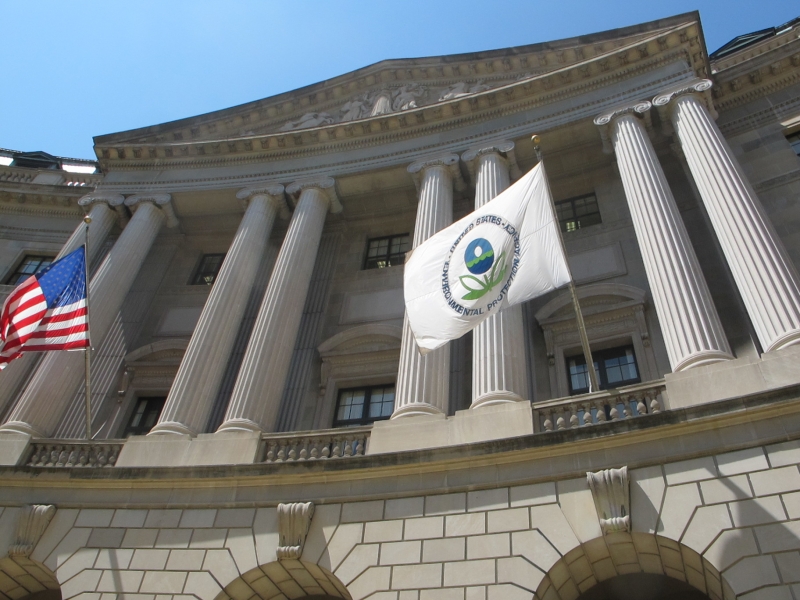In the midst of gigantic political divide, on May 4, 2017, the Senate passed a continuing resolution that will finance the government through September 2017. The details of the resolution saw many environmentalists cheer as the U.S. Environmental Protection Agency (EPA) saw a modest cut to its budget to the tune of $80 million, a 1% cut overall. This victory came on the heels of a threatened cut of 31% in the president’s proposed budget.
 |
Though the cut to EPA’s funding was minimal, it was hardly a victory. Budget cuts have caused the Agency difficulties in carrying out its mission. As of April 2016, the Agency had 159 special agents despite a congressional mandate that it have 200. EPA staffing has dropped to its lowest levels since 1989. The Transactional Records Access Clearinghouse released a report in October 2016 that found that prosecutions resulting from EPA investigations are down by half in the last five years. In March 2017, there were 34 new reported environmental prosecutions. That figure is down 34% from the previous year. This decline can be linked to the decline of EPA criminal referrals. The research group found that criminal prosecutions from EPA referrals peaked during the Clinton administration, at 198 in FY 1998.That figure remained high during the first year of the George W. Bush administration at 196. There were 81 in FY 2016.
According to former EPA criminal investigator Doug Parker, the hiring of criminal enforcement agents is not the Agency’s focus when it hires back up. He believes the Agency is more concerned with policy than “boots on the ground” enforcement. The Agency contends that the criminal program is a priority in line with the Agency's broader staffing effort and that budget constraints, retirements, and normal attrition have affected staffing levels across the agency.
These staffing shortages have forced EPA to concentrate on high-profile cases and adjust its enforcement strategy. In October 2014, EPA released its Strategic Plan for Next Generation Compliance (Next Gen), which utilizes emerging monitoring technologies and clearer regulations and permits to not only track compliance for enforcement purposes, but also assist industry with achieving compliance. EPA touts the program as a success. Another success of the Agency’s enforcement office is its nearly $20 billion settlement with Volkswagen, in which the manufacturer will pay to mitigate the pollution from its vehicles after it installed devices to cheat emissions tests on its 2.0 liter diesel models.
While Next Gen has shown signs of success and the Agency has been able to pursue some of the more high profile cases, an $80 million cut to an Agency that has requested and needs an increase in resources is another loss in a long war.